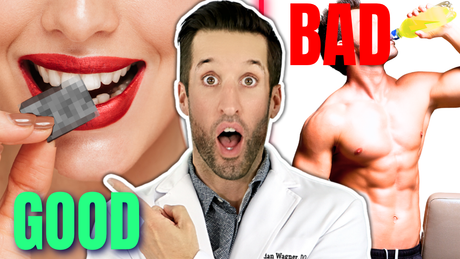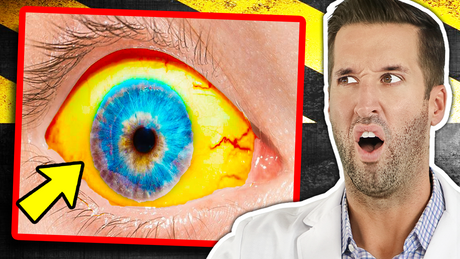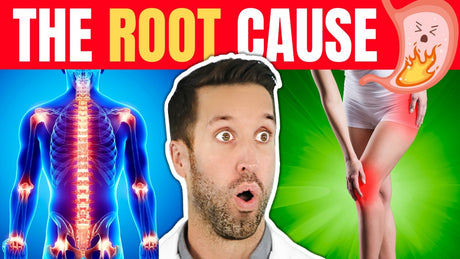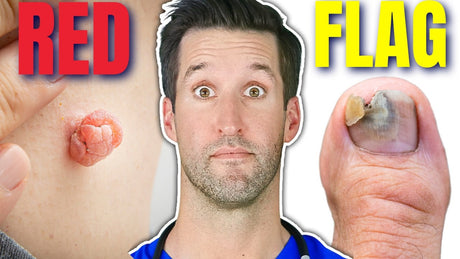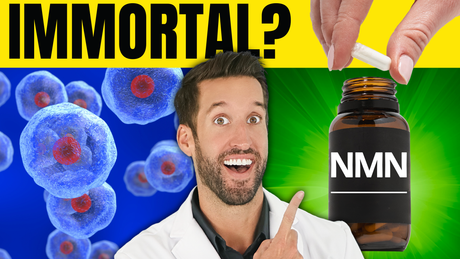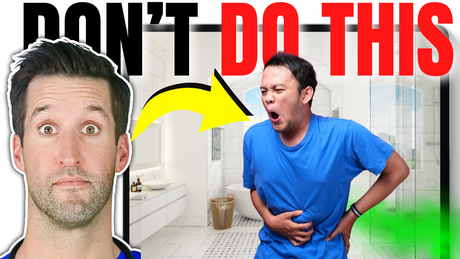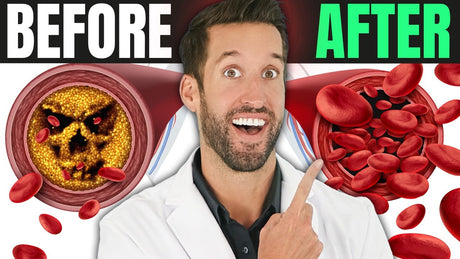Have you ever Googled something medical and instantly felt embarrassed about it? Don't worry—you’re not alone. In this post, Dr. Jordan Wagner breaks down five of the internet’s most commonly searched (and surprisingly misunderstood) health questions. Spoiler alert: the answers might just surprise you.
1. Can You Sneeze With Your Eyes Open?
Short answer: Not really. When you sneeze, your body initiates an automatic protective reflex that forces your eyes to shut. This is due to the trigeminal nerve, which not only triggers the sneeze but also controls facial reflexes like blinking. Closing your eyes during a sneeze might also help prevent germs or debris from flying into them or reduce intracranial pressure.
And no—your eyeballs won’t pop out if you sneeze with your eyes open. That’s a myth. The muscles and tissues anchoring your eyes are strong enough to keep them right where they belong. While a few people can train themselves to sneeze with their eyes open, it’s rare and not recommended.
2. Can You Sweat Out Toxins?
The idea that sweating detoxifies your body is mostly a myth. While tiny amounts of waste products like urea and ammonia can leave your body through sweat, over 99% of detoxification happens in your liver and kidneys.
There are two types of sweat glands: eccrine (which regulate temperature) and apocrine (which produce sweat that bacteria feed on, causing body odor). Though trace amounts of heavy metals and metabolic waste may be found in sweat, they are far too insignificant to rely on for actual detoxification.
Instead, focus on supporting your liver—the real MVP of detox. Hydration, whole foods, and the right nutrients can go a long way. That’s why we created Pour Decisions, a supplement formulated to support liver health and hydration, especially helpful after a night out. It includes ingredients like milk thistle, schizandra, and potassium to help your body do what it’s designed to do.
3. What Happens If You Hold in a Fart?
Farting is a completely normal part of digestion. Gas builds up from swallowed air, bacteria fermenting food in your intestines, and normal bodily functions. Usually, that gas exits through either burping or, well, farting.
But if you hold it in, that gas doesn’t just vanish—it can be reabsorbed into your bloodstream and eventually exhaled through your breath. This can lead to bloating, stomach discomfort, and even worse-smelling gas later.
So while it's not dangerous to hold in a fart once in a while, your body’s better off if you just let it out discreetly when possible. When in doubt, fart it out.
4. Does Milk Actually Help with Spicy Food?
Yes, and here’s why: Spicy food contains capsaicin, a compound that binds to pain receptors in your mouth, tricking your brain into thinking it's experiencing heat. Since capsaicin is hydrophobic (repels water), drinking water just spreads the burn. Bad idea.
Milk, on the other hand, contains casein—a protein that binds to capsaicin and helps wash it away. Think of casein as a bouncer kicking out the capsaicin from your mouth. But don’t count on almond milk or oat milk; they lack this essential protein. If you’re vegan or lactose-intolerant, try bread, rice, honey, or acidic foods like lemon juice as alternatives.
5. Can You Wake Up During Surgery?
It’s called anesthesia awareness—and yes, it can happen, but it’s extremely rare, affecting about 1 in 1,000 patients. General anesthesia has three components: unconsciousness, pain relief, and muscle paralysis. Sometimes, patients may regain some awareness during surgery but can’t move or talk due to the paralysis.
Most of the time, they don’t feel pain. Anesthesiologists monitor vitals continuously to prevent this, and high-risk patients (including those with substance use history or even redheads—yes, really) may get adjusted protocols. Bottom line: the overwhelming majority of people are completely unconscious throughout the entire procedure.
Bonus Tip: Support Your Health Holistically
Many of these “dumb” questions actually reflect real concerns about how our bodies work—and how to support them. Whether it’s better sleep, mental focus, or stress relief, you can explore options that fit your lifestyle:
- Do Not Disturb – For deep, restful sleep without grogginess
- Chillax – A stress support supplement to help you keep calm
- Level Up – Cognitive support for mental clarity and energy
- Pour Decisions – Alcohol metabolism and hydration
Your body is smart. Let it do its job—and give it the tools it needs along the way.
Conclusion
We’ve all had health questions we were too embarrassed to ask. But curiosity is how we learn—and now you’re a little smarter (and hopefully a lot more entertained). If you're serious about supporting your body naturally, be sure to explore our full line of science-backed supplements at Life Happns.
Studies & References
- Role of Liver in Detoxification – NCBI
- Sweat Gland Physiology and Sweat Toxicology
- Capsaicin: Health Effects and Applications
- Awareness During Anesthesia – Incidence and Implications
All information on the Life Happns website is for informational purposes only, and is not intended to be used for medical advice, diagnosis, or treatment. Always seek the advice of your physician or other qualified health provider with any questions you may have regarding a medical condition or before starting any new supplement or health regimen.

